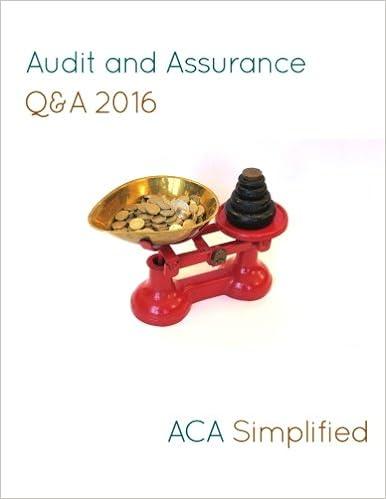Question
Stefanovich company manufactures three productsA, B, and C. The selling price, variable costs, and contribution margin for one unit of each product follow: Product A
Stefanovich company manufactures three productsA, B, and C. The selling price, variable costs, and contribution margin for one unit of each product follow:
|
| Product | ||||||||||
|
| A | B | C | ||||||||
| Selling price | $ | 180 | $ | 280 | $ | 240 | |||||
| Variable expenses: |
| ||||||||||
| Direct materials |
| 24 | 80 | 32 | |||||||
| Other variable expenses |
| 102 | 100 | 148 | |||||||
| Total variable expenses |
| 126 | 180 | 180 | |||||||
| Contribution margin | $ | 54 | $ | 100 | $ | 60 | |||||
| Contribution margin ratio |
| 30 | % | 35.71 | % | 25 | % | ||||
The same raw material is used in all three products. The company has only 6,600 pounds of raw material on hand and will not be able to obtain any more of it for several weeks due to a strike in its suppliers plant. Management is trying to decide which product(s) to concentrate on next week in filling its backlog of orders. The material costs $8 per pound.
A foreign supplier could furnish the company with additional stocks of the raw material at a substantial premium over the usual price. Assuming the companys estimated customer demand is 500 units per product line and that the company has used its 6,600 pounds of raw material in an optimal fashion, what is the highest price the company should be willing to pay for an additional pound of materials?
Step by Step Solution
There are 3 Steps involved in it
Step: 1

Get Instant Access to Expert-Tailored Solutions
See step-by-step solutions with expert insights and AI powered tools for academic success
Step: 2

Step: 3

Ace Your Homework with AI
Get the answers you need in no time with our AI-driven, step-by-step assistance
Get Started


